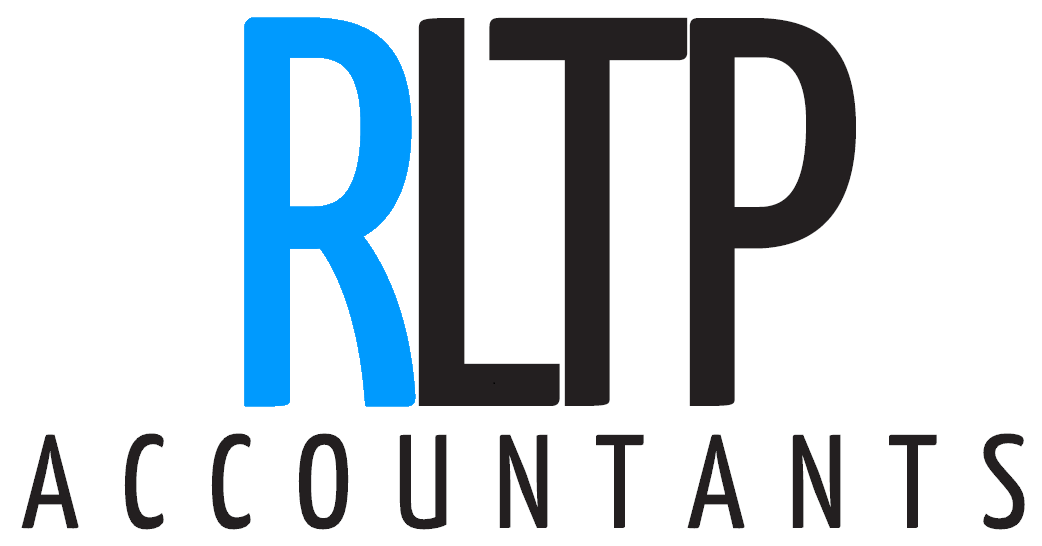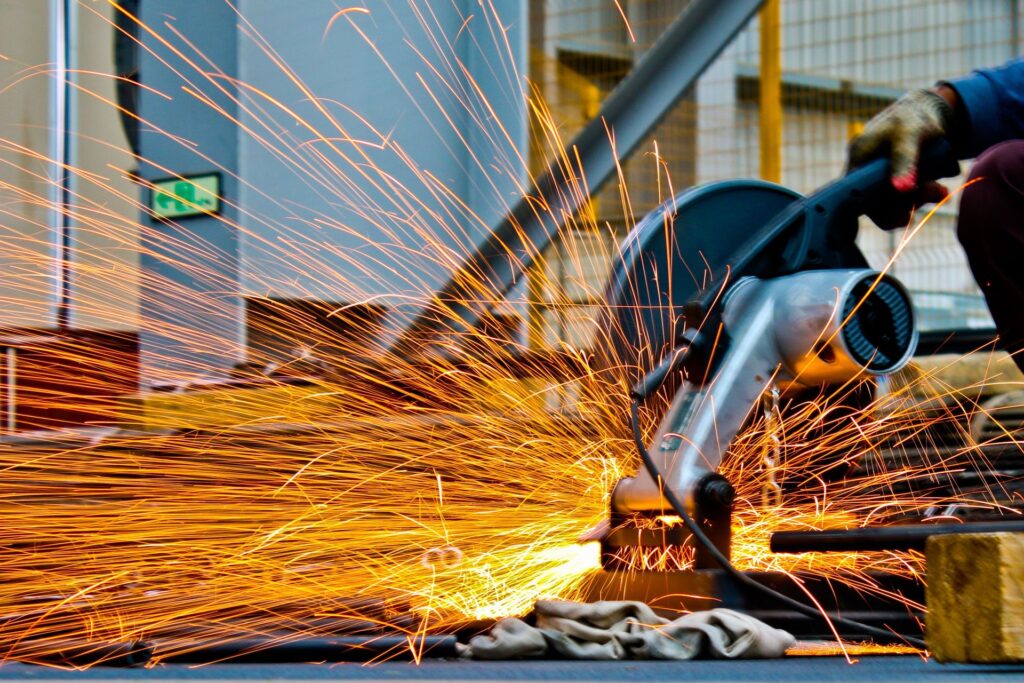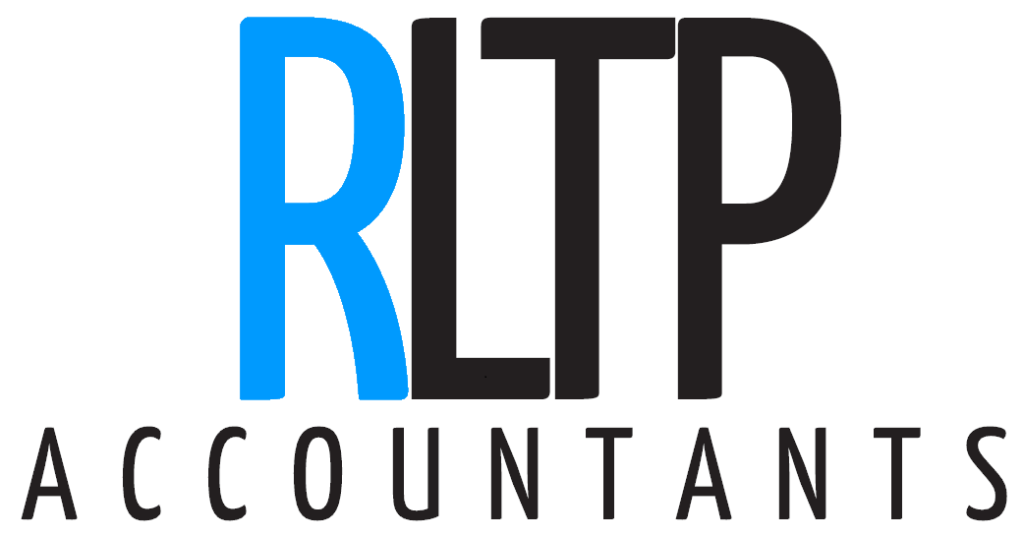Important Update – 9th September 2019
It was announced on Friday 6th September that the new CIS reverse VAT charge is being delayed!
Industry representatives have raised concerns that some businesses in the construction sector are not ready to implement the VAT domestic reverse charge for building and construction on 1 October 2019.
To help these businesses and give them more time to prepare, the introduction of the reverse charge has been delayed for a period of 12 months until 1 October 2020. This will also avoid the changes coinciding with Brexit
You can read more about the changes here –> September Update <-- Are you ready? In a bid to combat missing trader fraud HMRC will be introducing a new domestic VAT reverse charge from the 1st October 2019 for building and construction services in the UK. What is a VAT reverse charge? As of the 1st October 2019 there will be a change in the way VAT is collected, known as the VAT reverse charge, which means customers who are registered for VAT will now have to pay the VAT (due on specified construction services) directly to HMRC instead of paying it to the supplier. This applies to services provided by businesses in the construction industry who are registered with the Construction Industry Scheme (CIS). Who will be affected? The VAT reverse charge will apply to UK companies providing construction services (registered to CIS) in the UK to VAT registered customers. The reverse charge scheme will not apply to consumers. It’s important not to get confused between the Construction Industry Scheme (CIS) and the reverse charge. The reverse charge is applied to the whole service including materials that are included within a service, whereas CIS payments to net status sub-contractors are apportioned and no deductions are made on the materials content. You will have to apply the reverse charge if you offer any of these services. construction, alteration, repair, extension, demolition or dismantling of buildings or structures (whether permanent or not), including offshore installations construction, alteration, repair, extension or demolition of any works forming, or to form, part of the land, including (in particular) walls, roadworks, power-lines, electronic communications apparatus, aircraft runways, docks and harbours, railways, inland waterways, pipe-lines, reservoirs, water-mains, wells, sewers, industrial plant and installations for purposes of land drainage, coast protection or defence installation in any building or structure of systems of heating, lighting, air-conditioning, ventilation, power supply, drainage, sanitation, water supply or fire protection internal cleaning of buildings and structures, so far as carried out in the course of their construction, alteration, repair, extension or restoration painting or decorating the internal or external surfaces of any building or structure The following services are not subject to the reverse charge: drilling for, or extracting, oil or natural gas extracting minerals (using underground or surface working) and tunnelling, boring, or construction of underground works, for this purpose manufacturing building or engineering components or equipment, materials, plant or machinery, or delivering any of these to site manufacturing components for heating, lighting, air-conditioning, ventilation, power supply, drainage, sanitation, water supply or fire protection systems, or delivering any of these to site the professional work of architects or surveyors, or of building, engineering, interior or exterior decoration and landscape consultants making, installing and repairing art works such as sculptures, murals and other items that are purely artistic signwriting and erecting, installing and repairing signboards and advertisements installing seating, blinds and shutters installing security systems, including burglar alarms, closed circuit television and public address systems How to prepare for the new changes You will need to prepare for the introduction of the reverse charge by 1st October 2019. Here are a few things you can do to get yourself ready in advance: Firstly you need to check whether the reverse charge affects either your sales, purchases or both. Use the flowchart on the government website to help you decide which VAT rules will apply make sure your accounting systems and software are updated to deal with the reverse charge consider the impact it could potentially have on your cashflow make sure all your staff who are responsible for VAT accounting are familiar with the reverse charge and how it will operate contact your regular clients to inform them of the changes If you would like to discuss this further please don’t hesitate to get in touch on 01332 238833.


